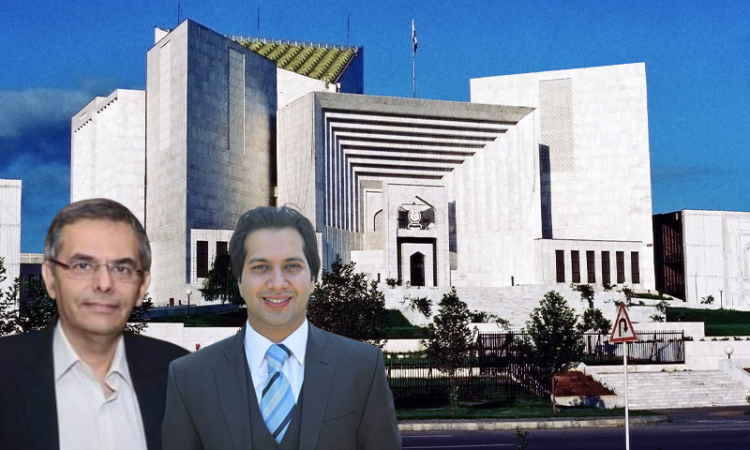The Indian Connection With Pak Decision To Live-Stream Court Proceedings
Sharmeen Hakim
3 May 2022 12:24 PM IST

Next Story
3 May 2022 12:24 PM IST
The Islamabad High Court (IHC) in Pakistan has decided to live-stream its proceedings for the first time in the country's history. Notably, this significant development has a slight connection with Mumbai, an Indian city located 1,643 kilometres away. Barrister Ummar Ziauddin, who had petitioned the IHC for live streaming, has never visited Mumbai, but he has been exchanging...
